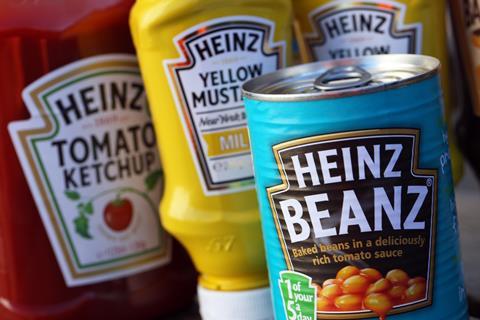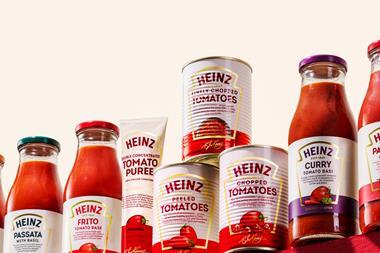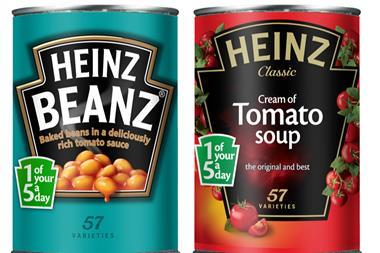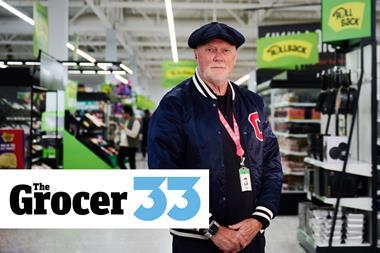
Heinz has driven through hundreds of price increases across every supermarket this month in a sign it is passing on rising costs without the high-profile disputes sparked by previous attempts.
Almost 500 listings including baked beans, tomato ketchup, and tinned spaghetti shot up in price during the first two weeks of the year, in some cases by over 80%.
Heinz’s last attempt to increase prices in 2022 led to several weeks of empty shelves at Tesco after the retailer refused to accept Heinz’s “unjustifiable” price increases.
This time, a conflict was seemingly avoided with Tesco raising prices on Heinz’s hikes by a net average of 23% – more than any of its ‘big four’ competitors. This figure takes into account price falls on six Heinz products this month.
However, fewer Heinz products went up in price at Tesco than its competitors. Just 69 Heinz products are now more expensive – around half the number at Asda, Sainsbury’s and Morrisons.
Lidl, by contrast, has not fared so well. Seven of its 31 Heinz products went up in price by a net average of 26% earlier this month as it saw its competitive advantage eroded on some top-selling products. This was the highest average rise of any supermarket.
On baked beans, for example, following a 21% price hike on Lidl’s four-pack of Heinz Beanz (415g), it is now the same price as Sainsbury’s, Asda, Tesco and Aldi at £3.99. Before last week, it was 25p cheaper.
“I would imagine Heinz put a bit of a squeeze on them to say: ‘we’re only going to supply you if you sell at the average price across the whole of the market,” suggested Paul Stainton, UK partner at private label consultancy IPLC. “The discounter just can’t get away with discounts on the brands.”
Nonetheless, he expected Lidl to stick with Heinz regardless. “Brands are almost like a drug [discounters] can’t get off because they get used to the value of the sales,” he said.
And when it comes to the relationship between Heinz and Lidl, Heinz certainly has the upper hand. “Heinz have definitely got the strength within the balance of power over the discounters.”
Lidl declined to comment.
Heinz told The Grocer it was continuing to face significantly increased production costs including ingredients, energy, or packaging. “We’re absorbing costs wherever we can. However, we’ve unfortunately had to increase our prices to retailers – a measure that continues to remain a last resort,” said a Kraft Heinz spokesman.
Tomato costs are likely to be a particular source of concern for Heinz with prices increasingly volatile in the past two years. In November, prices in Europe were up 14% year on year, according to EU Commission data, well above the five-year average.
Rising energy prices are also having an effect. Heinz is understood to roll its own cans, a process requiring huge amounts of energy, while it also cooks tomatoes at a high temperature for sterilisation.
As shoppers look to scrimp and save, Heinz’s growing price margin with its own label competitors will be a further concern. Despite own-label baked beans prices also going up earlier this month, they are now on average 81p cheaper than Heinz, up from 76p at the start of the year. At Sainsbury’s, Heinz is £1.02 more expensive per can.
Ultimately though, Heinz is just one of many suppliers looking to push through price hikes in the new year. It is a common time of year for this to happen, with manufacturers having sought to keep prices in check during the highly competitive Christmas period. New contracts on commodities are also often up for renewal in January.
Analysis by The Grocer last week revealed almost 10,000 listings have risen in price so far this year across every supermarket – about 6% of the total.



















No comments yet